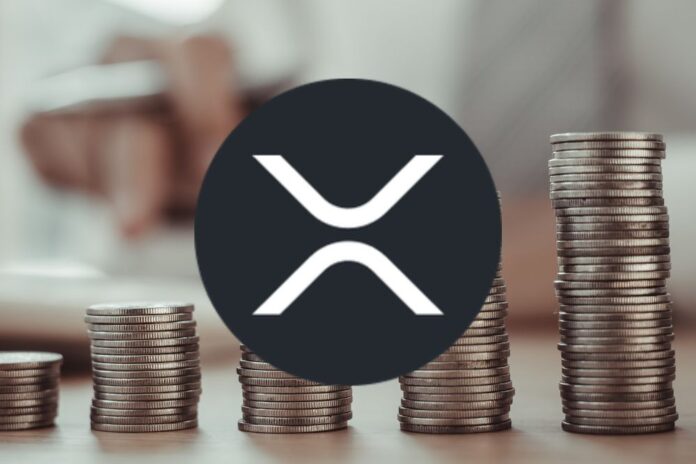In a recent social media post, CryptoTank, a prominent cryptocurrency enthusiast and investor, provided insights into the future role of XRP in financial transactions, particularly within the traditional banking system.
His commentary sheds light on how XRP will function as a settlement asset and the mechanics behind its usage, offering clarity to those seeking to understand its application in both large and small transactions.
XRP’s Role in Banking: A Seamless Experience for User
One of the key points made by CryptoTank is the distinction between the user’s interaction with XRP and how banks will utilize it for settlement purposes.
XRP, in this context, is not something that end users will engage with directly, much like they do not interact with the SWIFT network today.
SWIFT serves as an intermediary for transferring funds between banks, and while individuals use banking systems, they remain unaware of SWIFT’s intricate processes.
Similarly, XRP will serve as a settlement asset between banks, streamlining the movement of funds without requiring users to manage the asset themselves. This means that XRP will be embedded within the infrastructure of banking systems, allowing for faster and more efficient cross-border payments, it will remain behind the scenes for the majority of users.
This setup implies that XRP will largely operate as a background technology for traditional banks, enabling them to reduce friction in global transactions. The transition for users is expected to be seamless, as CryptoTank suggests, with the complexities of digital asset transfers handled entirely by banking institutions.
We are on twitter, follow us to connect with us :- @TimesTabloid1
— TimesTabloid (@TimesTabloid1) July 15, 2023
Micropayments and the Role of Drops
An important concept introduced in the discussion is the “drop,” the smallest unit of XRP. CryptoTank explains that as the value of XRP increases, the help of drops will become more prevalent. Since 1 XRP is composed of 1 million drops, fractionalization will enable more precise transactions, particularly in micropayments field.
This functionality is essential because it allows users to send small amounts of value, which is increasingly important in digital economies, where micropayments are becoming more common.
To illustrate how this works, CryptoTank provides an example: If XRP reaches a value of $10,000 per coin, 1 drop would be equivalent to $0.01. Therefore, sending $200 worth of XRP would involve the transfer of 20,000 drops, while sending $1,000 would involve the exchange of 100,000 drops.
This capacity to handle fractional units of value with precision makes XRP a powerful tool for financial transactions, particularly in environments where the ability to send micro-amounts is critical.
Additionally, CryptoTank highlights the low transaction fees associated with XRP transfers, which he notes are currently around 0.00001 XRP per transaction. Even with a high value for XRP, the cost of transactions would remain minimal, making the token an attractive solution for large-scale banking transfers and smaller, everyday payments.
Fractionalization and Its Impact on Future Payments
The ability to fractionalize XRP into drops opens significant opportunities for revolutionizing payment systems. By enabling transactions that can be scaled down to minute amounts, XRP could pave the way for new forms of digital commerce, where even the smallest transactions can be conducted efficiently and cost-effectively.
This could profoundly impact industries that rely on micropayments, such as content creators, online services, and digital marketplaces, where sending and receiving small amounts of money quickly and at low cost is essential.
In addition to the fractionalization of XRP, a rise in its value could lead to more widespread adoption of digital assets in mainstream financial systems.
As banks and other financial institutions integrate XRP into their settlement processes, the potential for increased liquidity and faster transaction times becomes more tangible. This shift could fundamentally alter the way value is transferred across borders, making traditional banking systems more efficient and accessible.
Disclaimer: This content is meant to inform and should not be considered financial advice. The views expressed in this article may include the author’s personal opinions and do not represent Times Tabloid’s opinion. Readers are urged to do in-depth research before making any investment decisions. Any action taken by the reader is strictly at their own risk. Times Tabloid is not responsible for any financial losses.
Follow us on Twitter, Facebook, Telegram, and Google News



